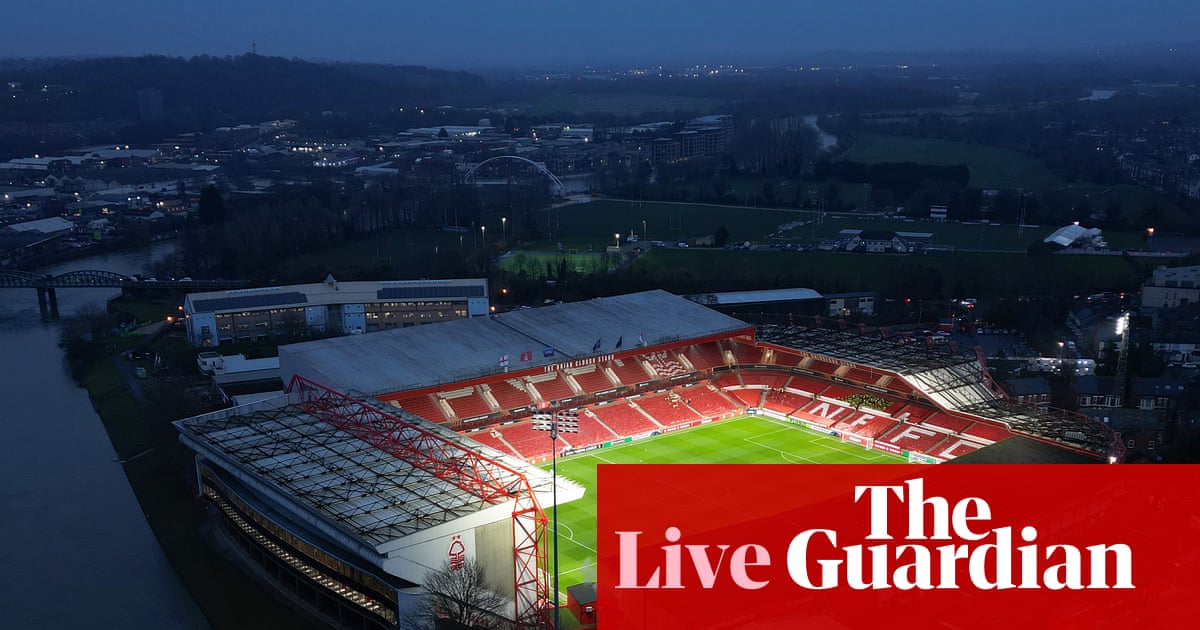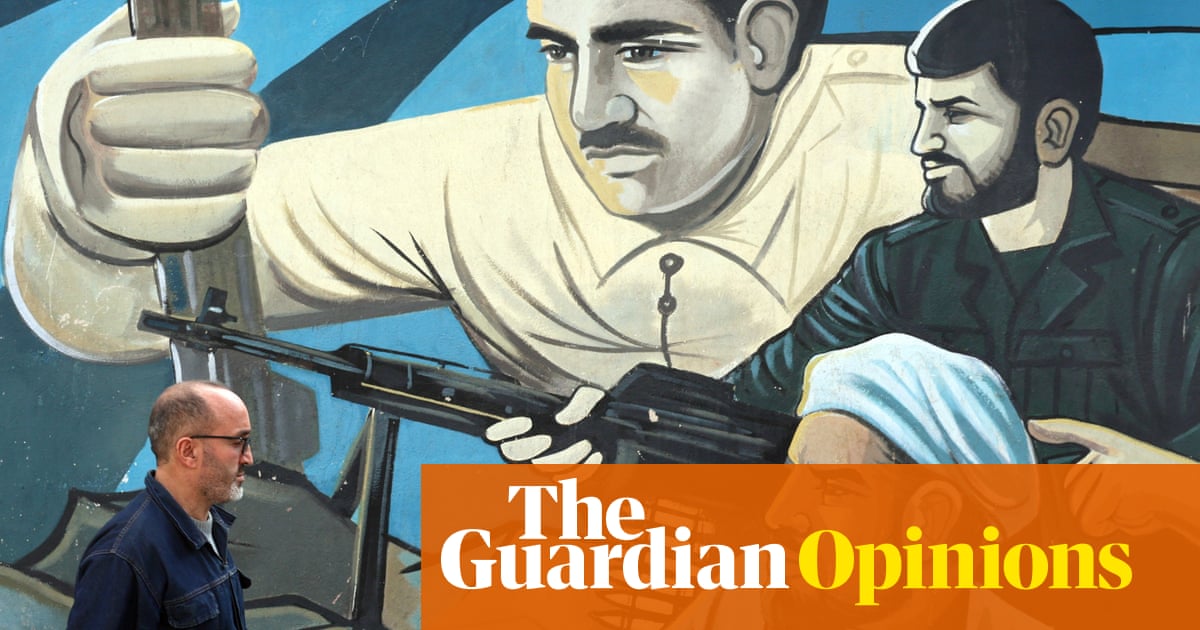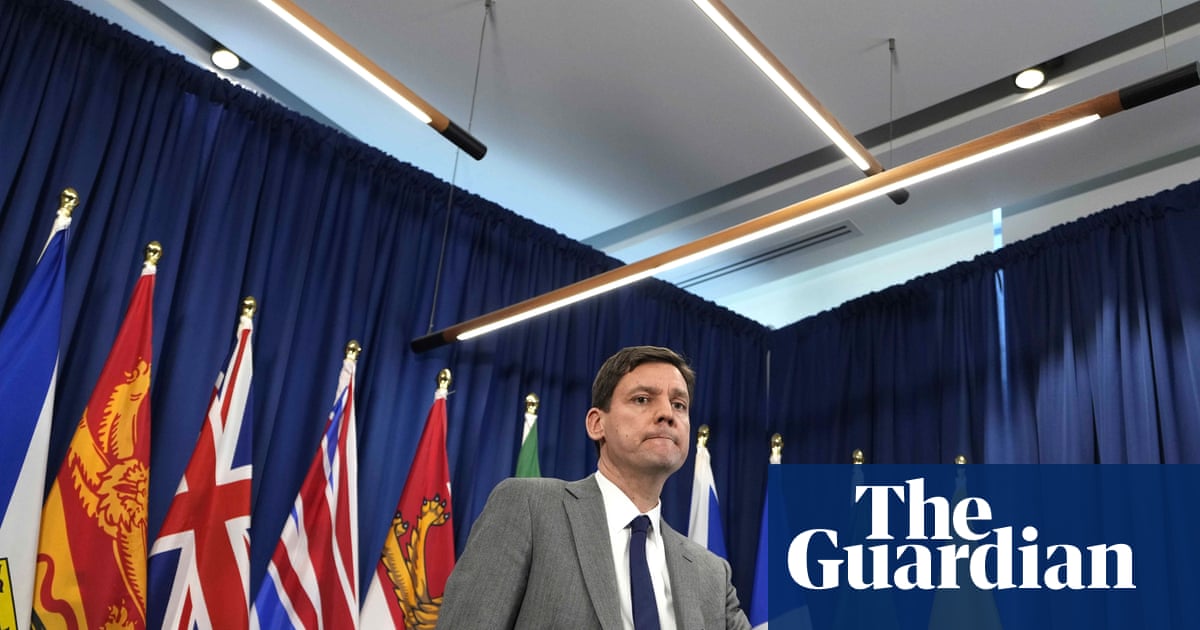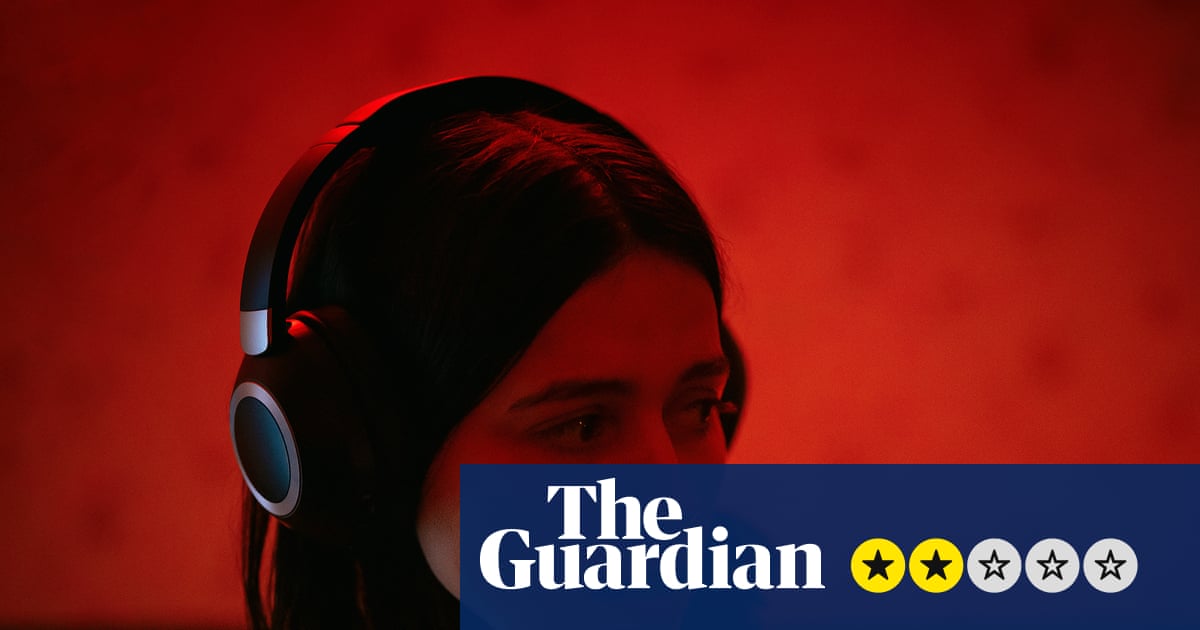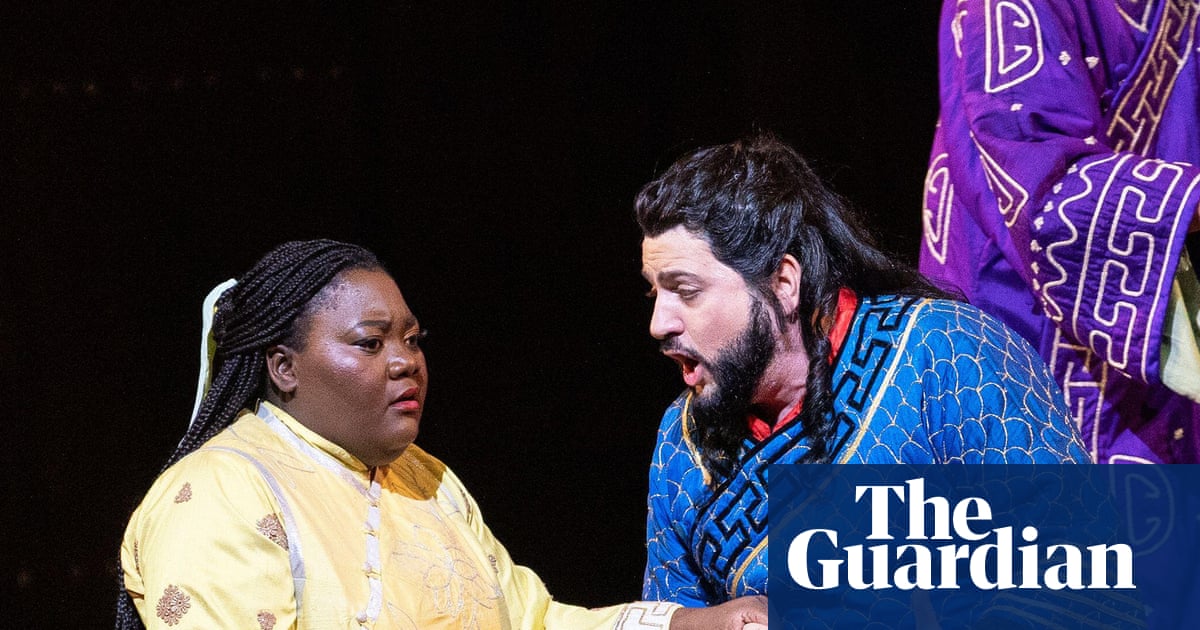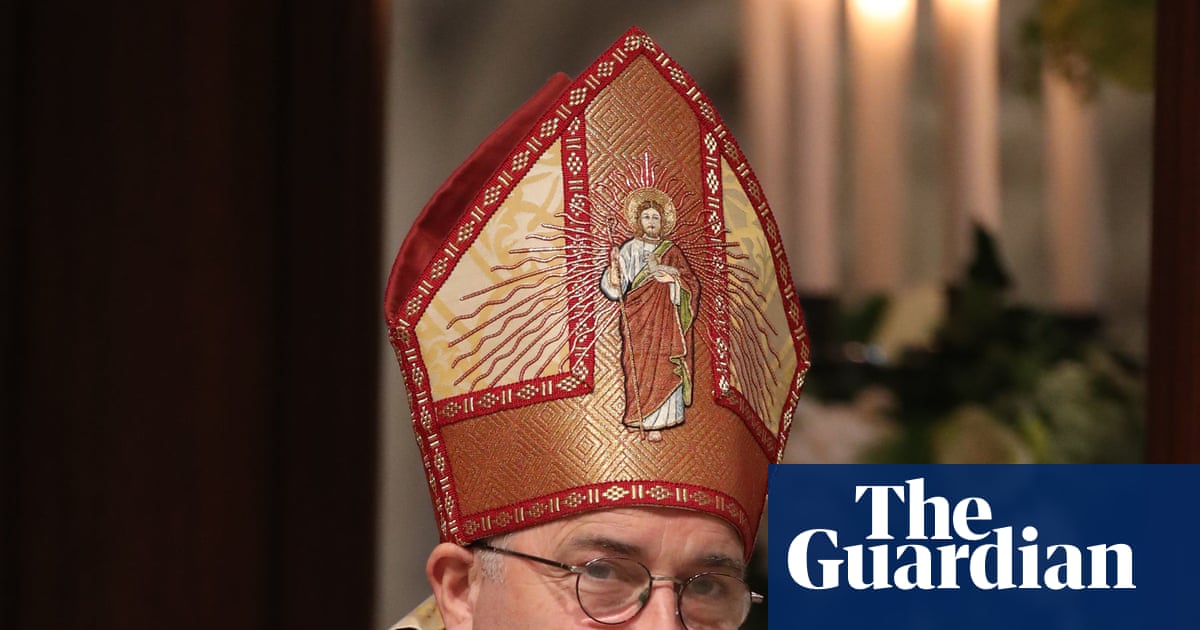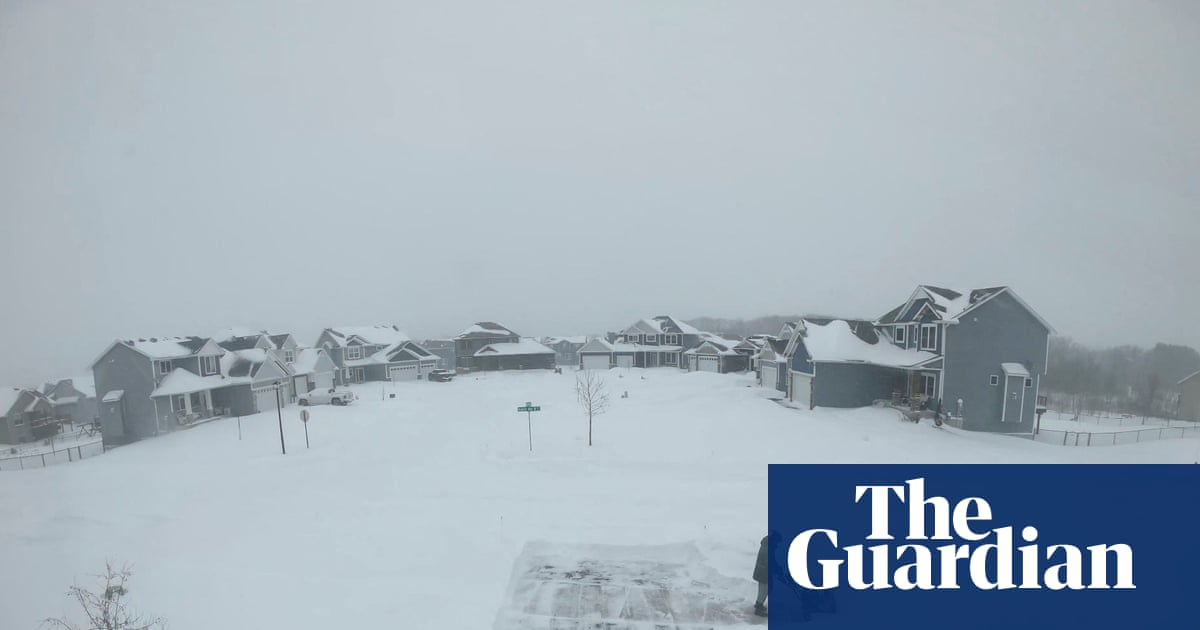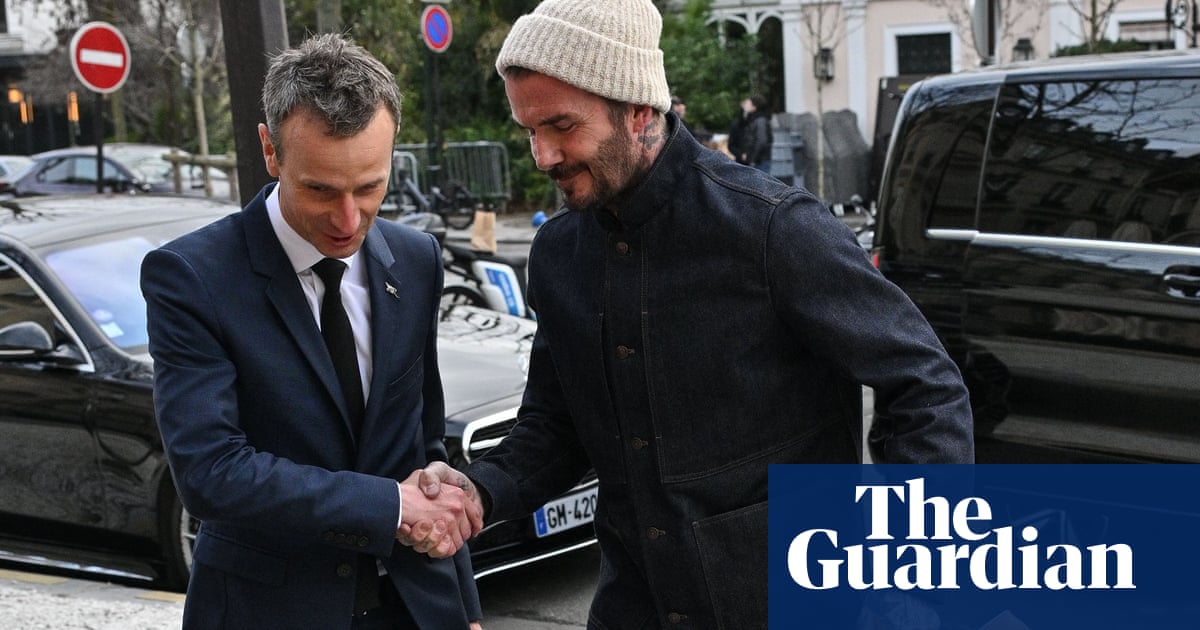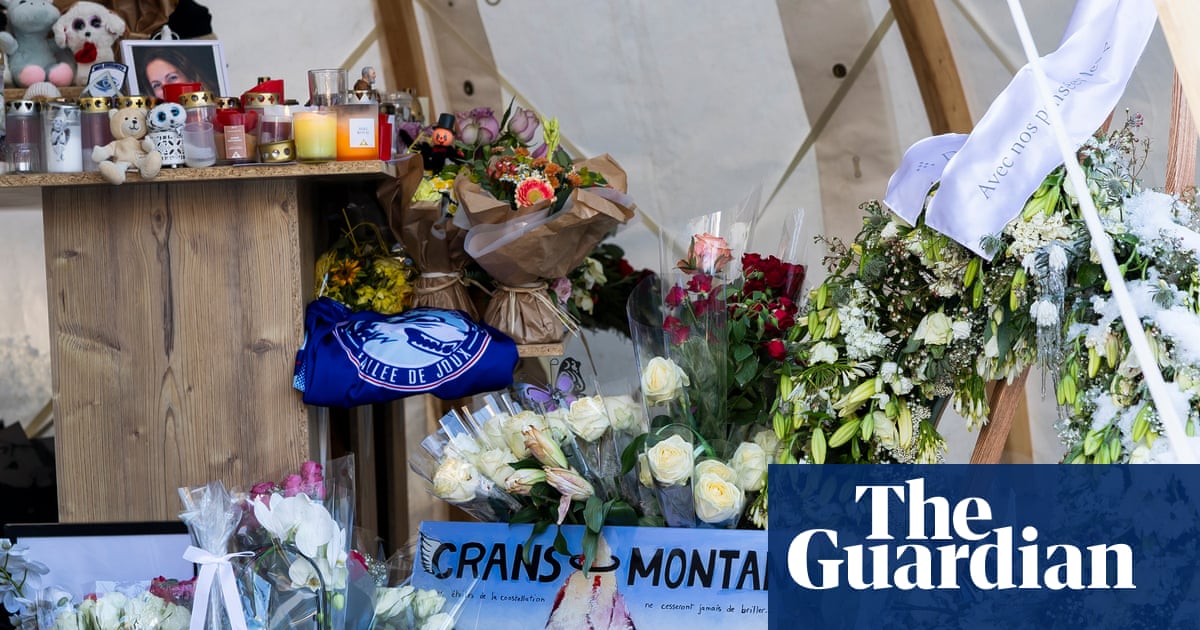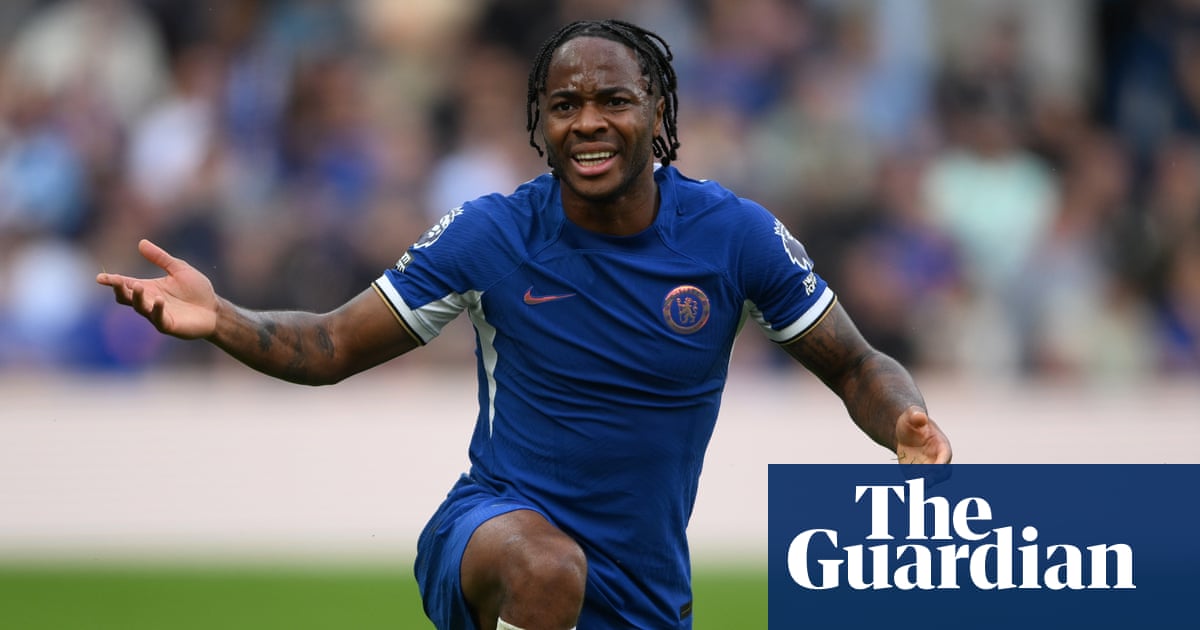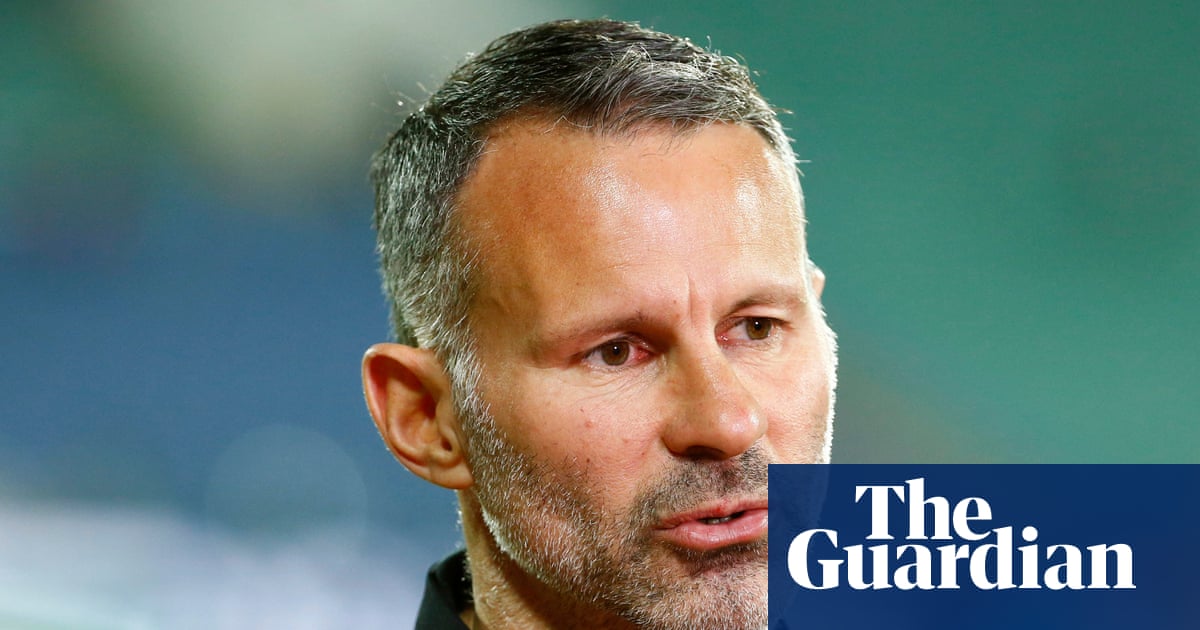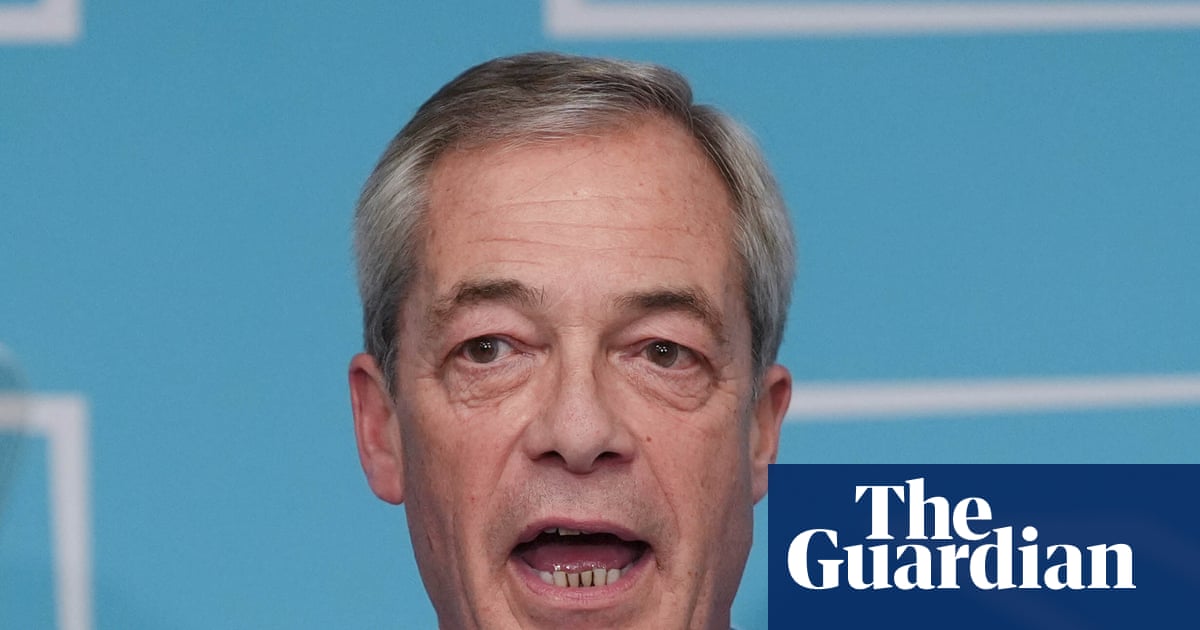Mike Westbrook is reflecting on his 89-year life from his cottage by the sea in Devon. Sitting with him in his cosy, book-lined sitting room under a signed picture of Duke Ellington, and next to his Broadwood grand piano, the experience is calm and peaceful.
His version of jazz is anything but. For more than six decades, Westbrook has been composing vast, cinematic works. He was the first jazz artist to play at the BBC Proms, created theatre alongside Laurence Olivier, and in the 1970s merged his entire ensemble with the avant-rock band Henry Cow to form the groundbreaking Orckestra. The result is music full of brass fanfares, unusual time signatures, poetry, free improvisation, and genre-bending jazz that invites the listener into a continental circus full of elephants, acrobats, and clowns.
Recent health difficulties have made playing hard, so he has spent the last two years digging through his papers, sending piles of scores to archives around the country. Meanwhile, a tape recording languishing in the British Library has become the focus of a salvage mission.

This is The Cortège, a monumental two-and-a-half hour jazz suite which has been unavailable for years. The 1982 studio version is trapped in legal limbo, so Westbrook, unwilling to wait for lawyers to iron it out, has reissued The Cortège using raw material from a primitive 1980 BBC Radio 3 recording, done live in one take. “The balance was poor, and the [tape] quality wasn’t very good, so it was a question of: could this be rescued?” Westbrook says. AI software was used to isolate and enhance individual voices and instruments from the mix. Mike is delighted with the result: “It’s one of the best things we’ve done.”
Having clambered to the forefront of British jazz during the 1960s and 70s, re-establishing big band music as a progressive force, Westbrook’s artistic vision culminated in The Cortège. As well as being inspired by his work in film and theatre, it grew out of his experiences touring for thousands of miles with his wife Kate throughout Europe in the late 1970s, when “we wanted to be full time artists, and we were both broke”.
The pair, along with vocalist and trumpeter Phil Minton, wrote material as they went, combining it into what Westbrook calls jazz-cabaret. “I think cabaret is a useful term, because it means you can do whatever you like: a comic song, a serious piece of music, a poem. When we were in France, Italy and Germany, they really went for these ideas – there’s more of a tradition of mixing musical genres. At one time we played as a circus band in France, which led to many collaborations.”
The Cortège came together in 1978 at a street festival in Santarcangelo, Italy and represents the mixing of all his influences of playing in rock bands, cabaret, street performance, circus and theatre. A track from the suite, named after the festival, features a version of Jerusalem by William Blake, who was a major influence on Westbrook. In 1971, he had created the music for Adrian Mitchell’s Blake-themed play Tyger, which had also become a kind of cabaret. It was put on at the National Theatre when the creative director was Laurence Olivier, “who I admire enormously. He was kept away from the underlings like me, but when he went around, it was like the pope visiting with his bodyguards. While beneath his gaze, all kinds of shenanigans were going on: jobs for the boys, all those kinds of things. And it paid the rent for a while.”
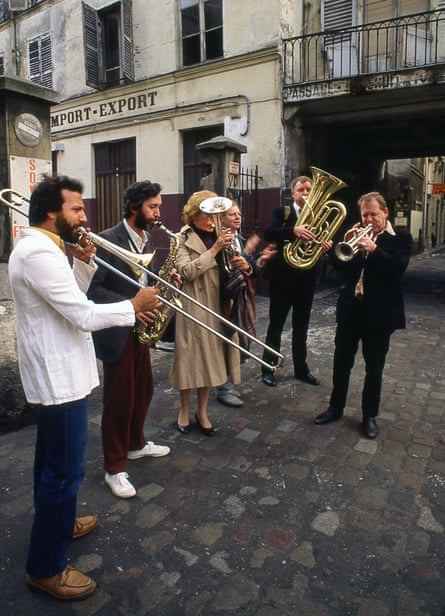
Britain in the 1970s and 80s was a golden time for the arts. “The BBC had a jazz officer. This guy had a certain amount of freedom to listen to bands and invite them back to the studio.” The Arts Council was also generous, and took risks; by heavily subsidising bold new music, “it encouraged [concert] promoters to try new stuff.” It led to “very good audiences” for The Cortège, and the BBC made a documentary about it.
Opening track It Starts Here is a burst of energy, propelled by a loping 11/4 rhythm; elaborate sax lines weave over punchy trombone blasts, creating a complex wall of sound. “It’s in your face. It’s pure energy; it’s not about anything,” Westbrook says. “It’s an overture, which then goes into something different and something different again. The question is: can the audience cope with those changes?”
As for Santarcangelo, it’s built on an 11/8 time signature, which Westbrook admits is “another difficult one to play. I didn’t really start with a plan … I’d done a bit of TV music for Steven Poliakoff’s film Caught on a Train that used a brass band. One of the scenes I’d written had a speeding train in the dawn, and that was all in my mind.” And the use of Jerusalem? “Kate suggested it: it has a perfect contemporary folk music feel.”
Throughout his musical life, Westbrook has successfully broken down barriers and tried new things: after The Cortège came 1987’s London Bridge Is Broken Down project, a large-scale composition for voice, jazz orchestra, and chamber orchestra. Critics praised Westbrook’s range and control of orchestral colour; the Irish Times declared it “beyond category”.
In 1992, he helmed the first jazz orchestra to play at the BBC Proms, performing big band versions of Rossini. They faced a hostile reaction. “At first, the prommers stood with their backs to the stage. Gradually they came round and by the end when we played a rock version of the William Tell overture, they were all jigging about. But we got some hate mail afterwards.”
Even at 89, and despite health difficulties, he’s learning new things: right now, it’s church bells, for a collaboration with composer Marcus Vergette at an abandoned church in Highampton, Devon. Kate, still his central creative partner, wrote lyrics for the piece. “This has led me into a whole new, rather strange territory, that I can’t even begin to describe. It’s a whole different musical language,” he says. “You’ve got three bells, A, C and D, and I’ve been trying to find what you can do with it all.”
As he continues to sort through a lifetime of scores and recordings, he knows how lucky he’s been. “I was allowed to experiment, make mistakes and spend a lot of time on the road, and to figure out what it’s all about. Music is a serious business.”

 2 months ago
36
2 months ago
36
